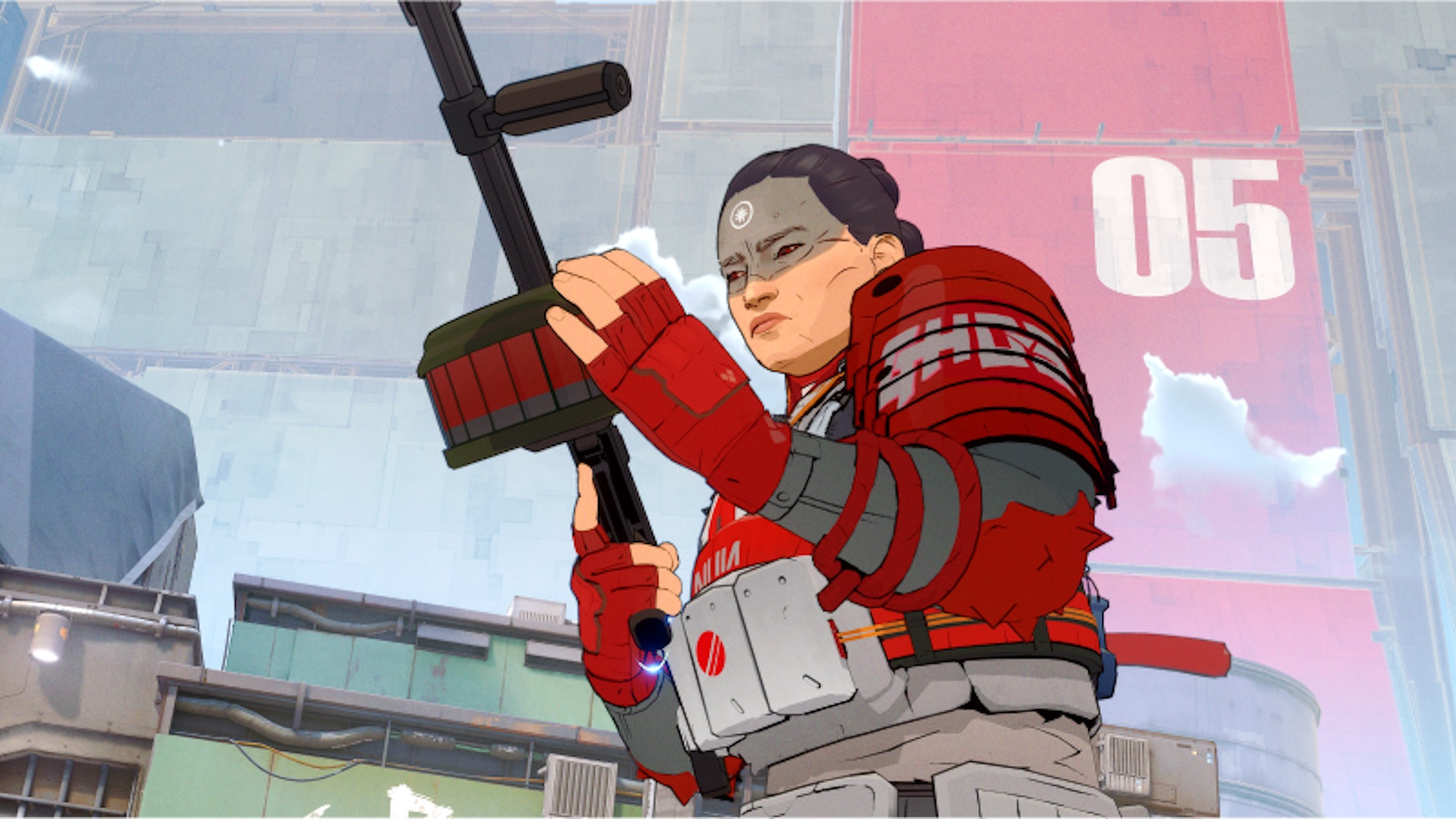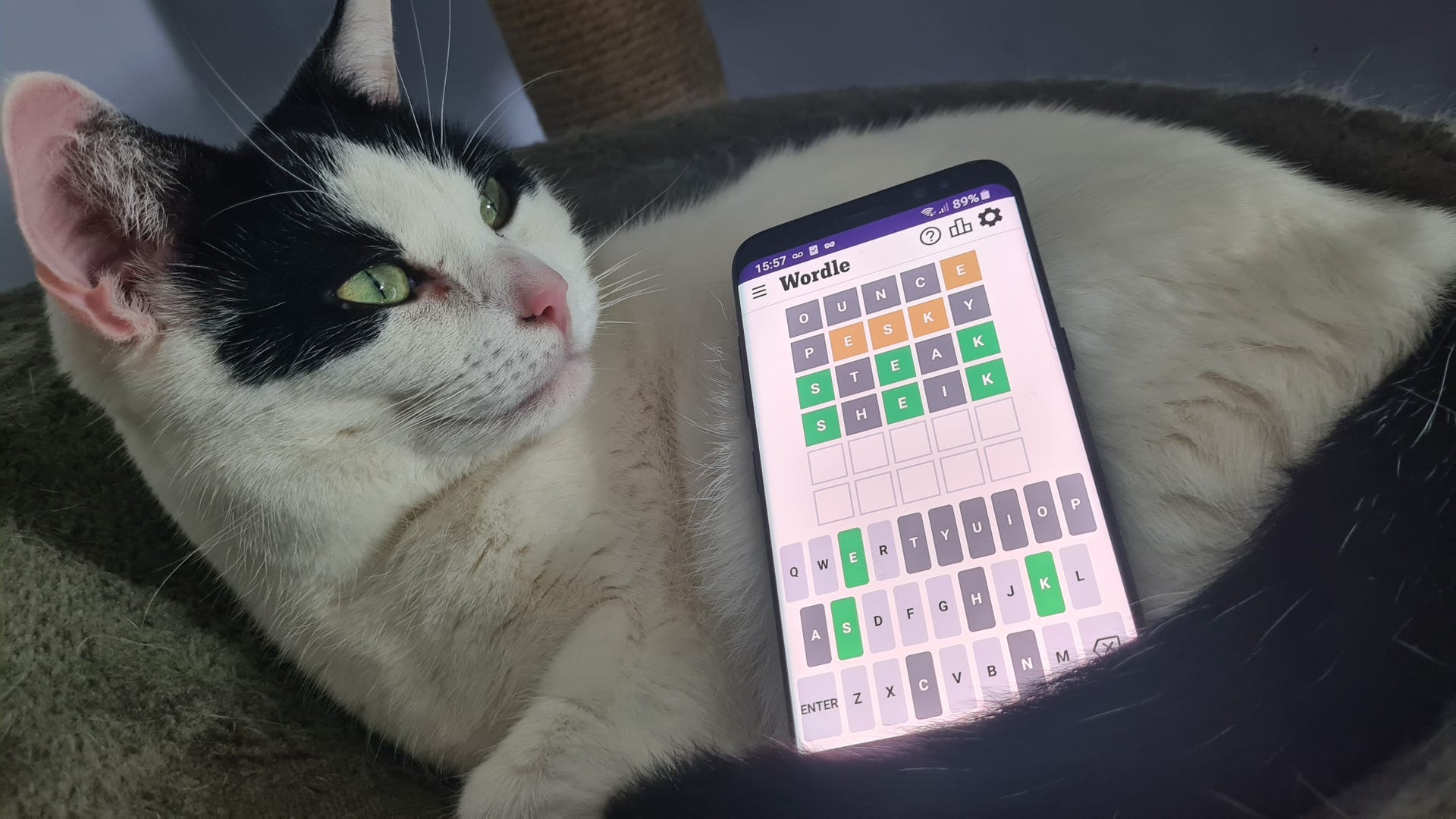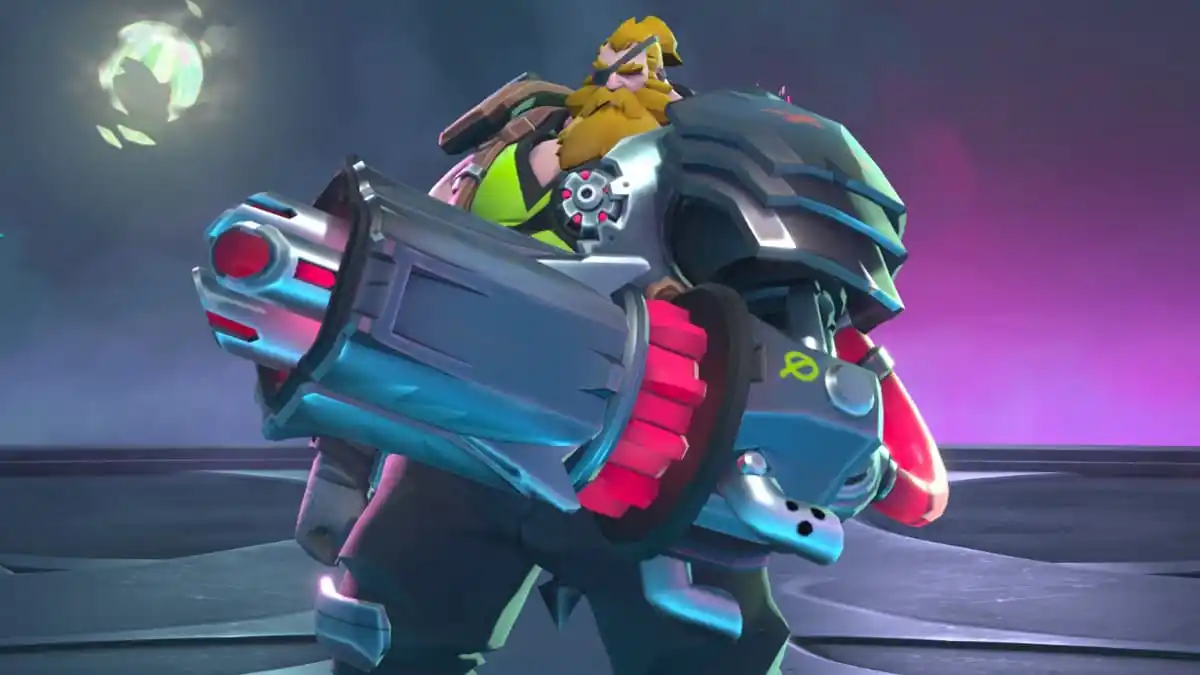
The numbers aren't great, but Mountaintop CEO Nate Mitchell says the team is in it for the long haul.
The free-to-play shooter Spectre Divide is not dying: So says Mountaintop Studios co-founder and CEO Nate Mitchell in a new update addressing concerns that low concurrent player counts means the game is not long for this world.
“Some folks out there have declared Spectre ‘dead,’ mostly as a result of low concurrency,” Mitchell wrote. “It’s true that Spectre’s concurrent player count is lower than we’d all like.”
Mitchell acknowledged that PvP games like Spectre Divide need a large number of players “for healthy matchmaking,” and that without that player base, “you’re in longer queues and less fair matches.” It’s fair to say that Spectre Divide’s numbers on Steam aren’t spectacular: Following its launch on September 3, the game’s concurrent player count has slowly tailed off to a few thousand a day—not a Concord-like catastrophe, but nowhere near heavy hitters like Counter-Strike 2 (currently 932,684 concurrent players, and fair enough, that’s an outlier), Rainbow Six Siege (56,644 concurrents), Team Fortress 2 (55,891), or Overwatch 2 (32,018).
Nonetheless, “I can assure you that Spectre isn’t going anywhere,” Mitchell wrote. “The servers aren’t shutting down, and the updates aren’t going to stop. If player count drops from here, we have strategies for bringing players together, like combining the matchmaking queues. And we’ll continue working toward bringing new players in.
“We love this game—we’ve poured our heart and soul into it these past four years—and we’re just getting started.”
Mitchell also paid tribute to the “incredible core community who loves this game as much as we do,” who he said have now played more than 1.42 million matches over 3.67 million hours of game time. And even if things do stay less-than-optimal on the concurrent player front, “we have the funds to support Spectre for a long time. And I promise: We’re going to make Spectre awesome together.”
In a follow-on FAQ, Mitchell said Mountaintop opted not to delay Spectre Divide because doing so “trades off against funding for marketing,” and would have put the game’s release up against numerous “high-budget marketing campaigns” that would have made it even tougher for Spectre Divide to get attention. At the same time, he admitted the team would have opted to push the launch back a few weeks “if we knew everything we know now,” a reference to the serious matchmaking issues that plagued the game at launch.
He also touched on the Mountaintop layoffs that occurred in September: “We made the difficult decision to reduce our monthly spend to make sure we were set up to support Spectre for the long term. In the run up to launch, the studio grew from more than 85 devs to support a bigger live service roadmap. We’re now back to ~75 full-time devs, but we have plenty of firepower to bring our plans to life.”
The update also includes a rundown of changes made to the game since it launched, and what the studio has in mind for the immediate future: Priorities include improving game performance and stability, expanding server coverage, and upgrading anti-cheat efforts. A battle pass is in the works for the start of season 1, and ranked rewards are on the way as well.
Spectre Divide showed a lot of early promise: PC Gamer’s Morgan Park, who knows a thing or two about shooting at other people online, was quite taken by it in preview play sessions, highlighting Spectre’s tight, accessible gunplay that’s closer to the straightforward guns of Rainbow Six Siege than Counter-Strike. But being good, unfortunately, does not guarantee that a game will be a hit, especially in a genre already crowded with big, well-established games. If you don’t give people a compelling reason to switch from their favorite—and sorry, but “this game is also good” is not compelling—then most of them won’t bother.
At some point, that’s bound to become an issue. I can’t help but think about Vampire: The Masquerade – Bloodhunt, the only extraction shooter I ever really liked, that ended development in May 2023, just a year after it launched. (Fortunately, the servers remain online and hundreds of people continue to play.) Not to be a downer, but I also note that Bloodhunt was running around 1,500 concurrent players per day when the plug was pulled—not all that terribly far off of where Spectre Divide is right now.




